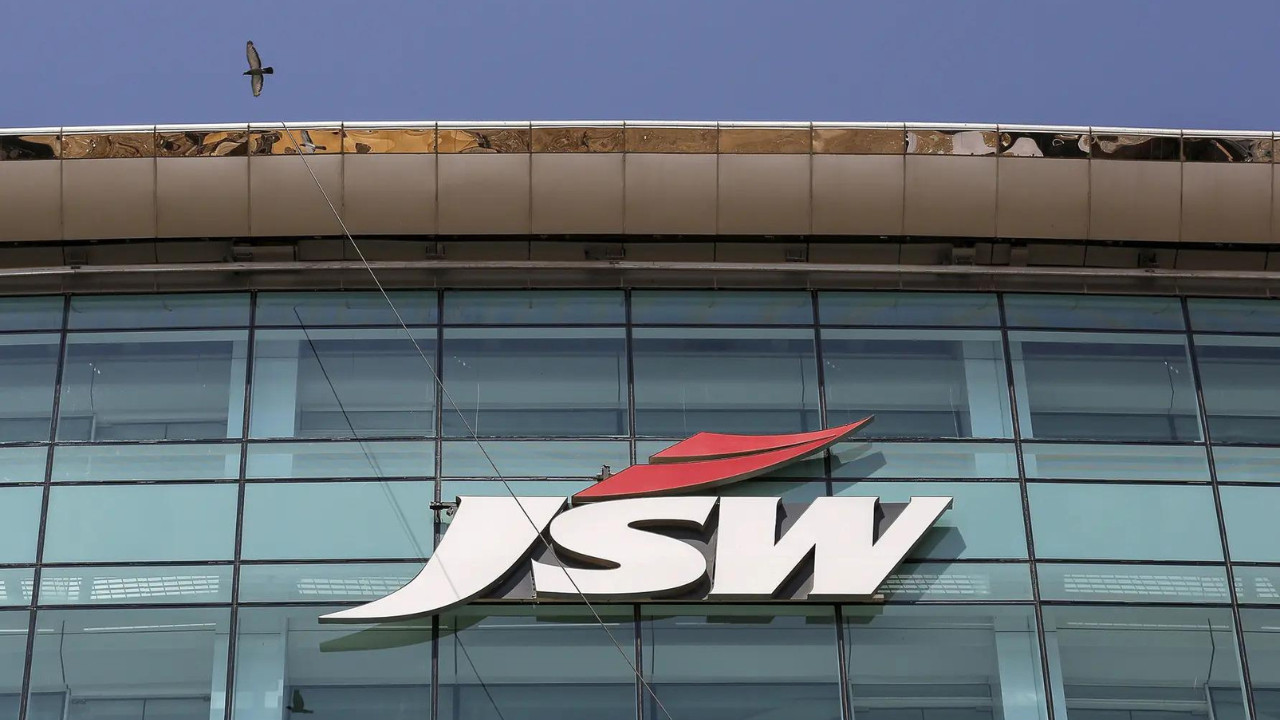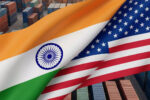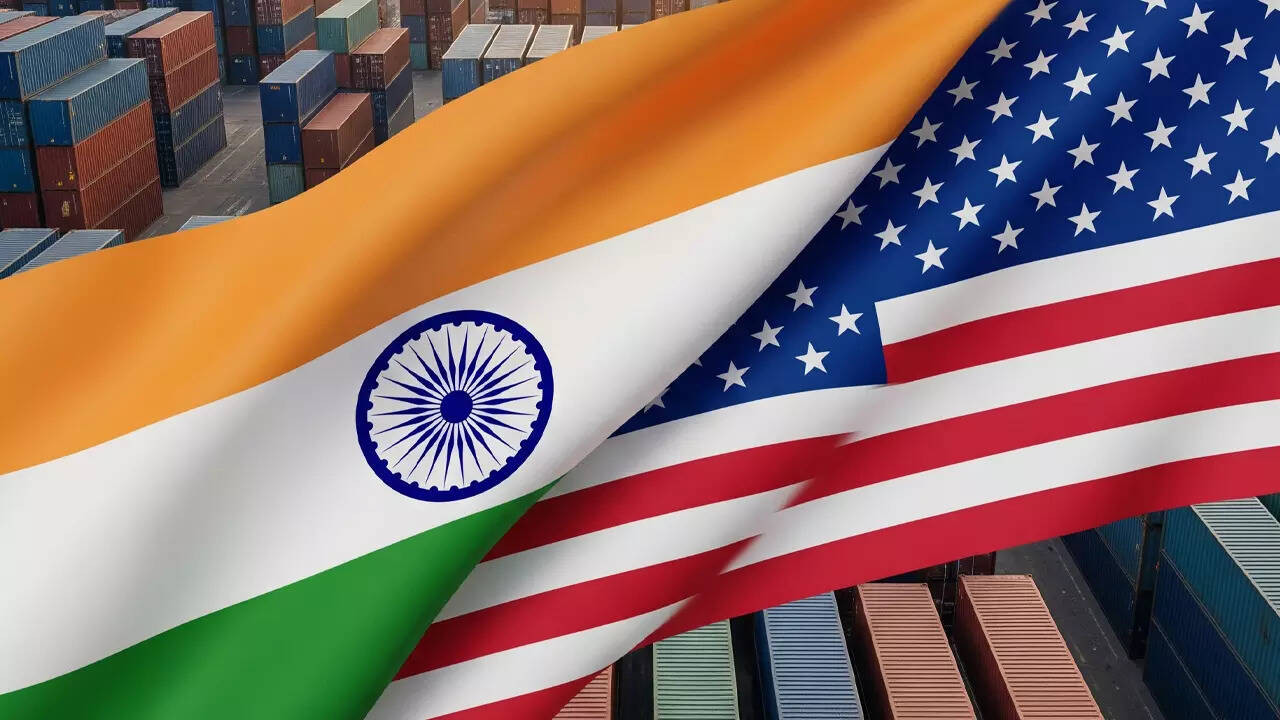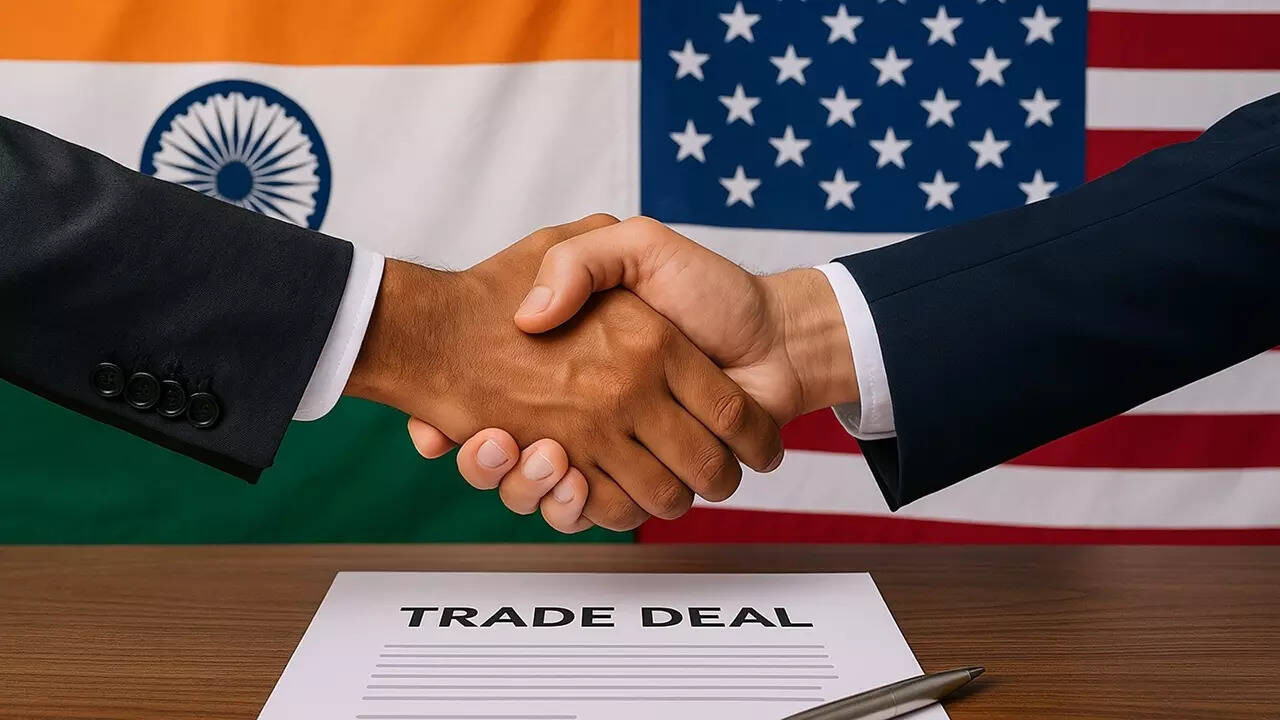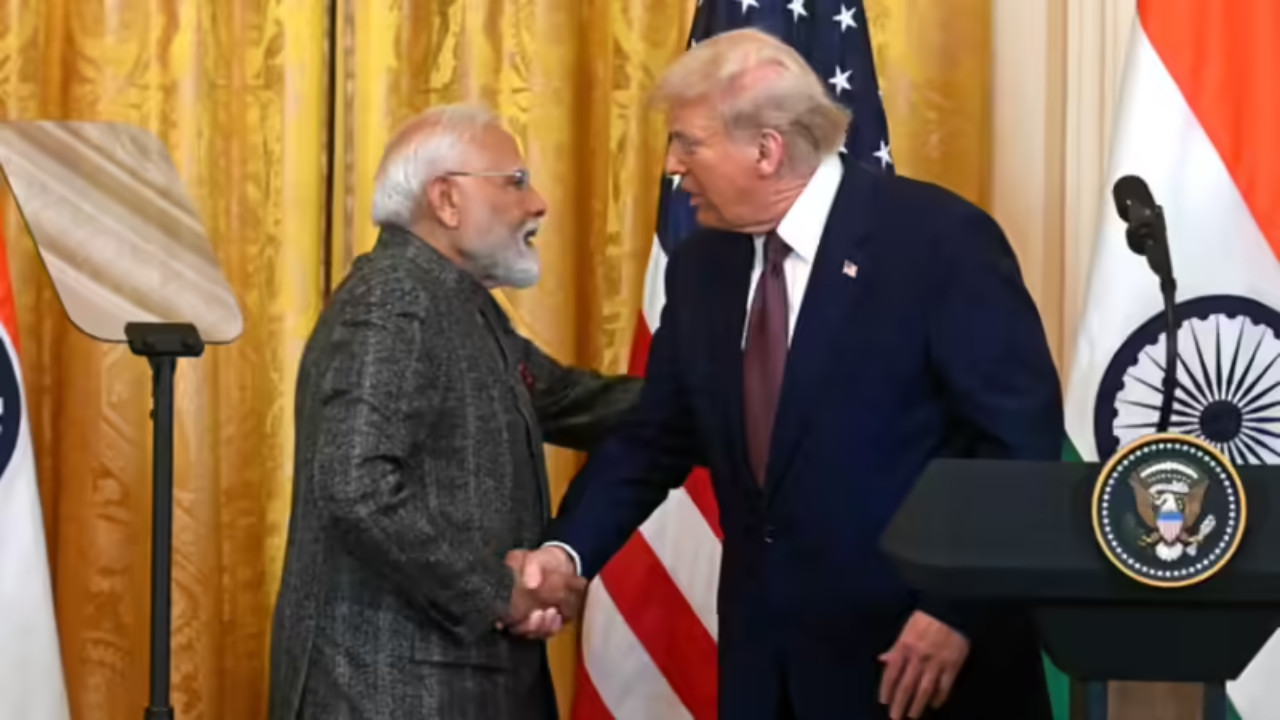JSW Motors, owned by Sajjan Jindal, is investing ₹26,000 crore to enter the Indian passenger vehicle market with a focus on EVs and plug-in hybrids. The company is in discussions with BYD and other Chinese automakers for technology and platform access, aiming for significant localization.
JSW Motors: Plugging into the Future with Chinese EV Tech?
The Indian automotive landscape is buzzing with possibilities, and at the heart of it all is JSW Motors. They’re not just tinkering under the hood; they’re seemingly forging a new path, one potentially paved with technological collaborations from the East. Rumors have been swirling, and sources confirm that JSW Motors is deep in discussions with BYD and other Chinese car manufacturers to secure key technology for their ambitious electric vehicle (EV) venture.
The Indian EV market is ripe for disruption. While growth is undeniable, the sector still grapples with hurdles – particularly the high cost of advanced technology like batteries and sophisticated electric powertrains. JSW Group, a conglomerate with a history of bold moves, appears to be tackling this head-on. The strategic play? Partnering with established players in China, a nation that has undeniably become an EV powerhouse.
Why the Focus on Chinese Tech for Electric Vehicles?
The answer is fairly straightforward: China holds a dominant position in the global EV supply chain. They’ve invested heavily in battery technology, electric motor development, and the overall EV ecosystem for years. This translates into a wealth of expertise and, crucially, cost-effective solutions. For JSW Motors, tapping into this technological reservoir could be the key to accelerating their EV ambitions and offering competitive products in the Indian market.
It’s more than just about sourcing components. These potential partnerships could extend to collaborative R&D, joint development of EV platforms tailored to the Indian market, and even the transfer of manufacturing know-how. Imagine JSW Motors leveraging BYD’s cutting-edge battery technology to produce EVs with longer ranges and faster charging times, all at a more accessible price point. That’s the kind of game-changing potential these discussions unlock.
Navigating the Complexities of International Partnerships
Of course, navigating international partnerships, especially in the automotive industry, is never a walk in the park. There are regulatory hurdles to overcome, intellectual property considerations to address, and the delicate dance of aligning corporate cultures. Yet, the potential rewards appear to outweigh the risks for JSW Motors.
The company understands the need to carefully balance innovation with compliance. Securing government approvals and navigating the intricacies of technology transfer agreements will be crucial. Transparency and a commitment to localization, including building a robust domestic supply chain, will likely be key to gaining support and ensuring the long-term success of these ventures.
What Does This Mean for the Indian EV Consumer?
Ultimately, these potential collaborations could translate into a wider range of more affordable and technologically advanced EVs for Indian consumers. Increased competition in the market will likely drive innovation and push manufacturers to offer better features, performance, and value. This benefits everyone, accelerating the adoption of EVs and contributing to a cleaner transportation ecosystem.
JSW Group’s commitment to the automotive sector is a testament to their vision for a sustainable future. While the final form of these partnerships remains under wraps, one thing is clear: JSW Motors is positioning itself to be a major player in the Indian EV revolution. The move could catalyze the production of cutting-edge electric vehicles and lead to a more competitive market overall. Their strategic pursuit of technology tie-ups signals a bold step towards accelerating India’s electric future, leaving us all eagerly anticipating what they unveil next. As JSW forges ahead with these plans, the future of electric vehicles in India looks brighter than ever.
The ripple effect of such partnerships will be felt across the industry, challenging established players to innovate and adapt. This is more than just about cars; it’s about shaping the future of mobility in India.
(Internal link to a relevant article on the same site about the Indian automotive market)
